This manifesto calls for collective mobilisation to accompany the extraordinary transformations that AI is causing within our companies, our administrations and society. This race for adoption must not be pursued at any cost: we, European companies, commit to making AI a lever for enhancing our employees and creating long-term value.
We call on the European public authorities to increase their efforts and to coordinate an ambitious strategy to encourage the massive and responsible adoption of AI within our organisations and administrations.

